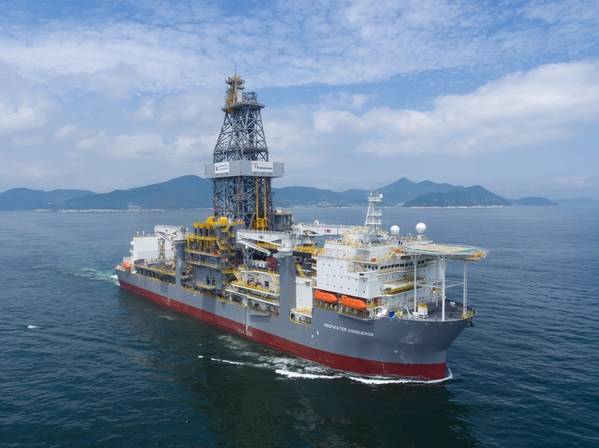
Offshore drilling firm Transocean has committed to reducing operating Scope 1 and Scope 2 greenhouse gas emissions intensity by 40% from 2019 levels by 2030.
“Globally, almost one billion people lack access to electricity, and all of us desire reliable and affordable sources of energy that help improve our daily lives. As such, we believe that demand for hydrocarbons and, therefore, for Transocean’s assets and services, will remain strong,” said Transocean President and Chief Executive Officer, Jeremy Thigpen.
“Our responsibility as the industry leader extends beyond providing superior results for our customers. We must continue to deliver our services in a manner that minimizes our impact to the environment and, in this context, supports the interests of all our stakeholders, including employees, customers, investors, and for the broader public good.”
Thigpen continued, “Currently, nearly all energy used to power Transocean’s global fleet of high-capability drilling rigs is generated through the conversion of diesel fuel to electricity. Therefore, we commit to reduce emissions across our fleet through fuel reductions and other initiatives that can be achieved by developing and implementing new processes and technologies that enable us to optimize our power management capabilities.”
Transocean also said it was committed to using its assets and expertise in support of its customers’ lower-carbon energy projects including, potentially, carbon capture and sequestration.
Earlier this week, another company in the offshore energy space, Subsea 7, announced its target to achieve Net Zero greenhouse gas (GHG) emissions by 2050. In addition, using 2018 as a baseline year, Subsea 7’s target is to reduce its Scope 1 and Scope 2 emissions by 50% by 2035.
"These targets are based upon plans to decarbonise Subsea 7’s operations, implementing changes and solutions available today, as well as the deployment of new, cleaner technologies as they become commercially available at scale in the market," Subsea 7 said.
John Evans, CEO of Subsea 7 commented: “Proactive participation in the Energy Transition has been at the heart of Subsea 7’s evolution over the past decade both through our Renewables business unit and through our efforts to reduce our vessel emissions. Today’s announcement marks another step in our journey towards decarbonising our business and I look forward to describing our progress in the coming years.”